If I were lucky enough to meet Robert Plant and be allowed to say one thing to him, it would have to be;
“I get it.”
After watching Alison Krauss & Union Station perform to a sold out Liverpool audience, it’s understandable how being the singer in one of the biggest bands in Rock history fades into the background, when confronted by what can only be described as an emotionally moving musical experience, totally out of the comfort zone of the average British Rock star.
It becomes easy to understand why Plant can stand on stage with Krauss and her Nashville collaborators, only to step humbly into the shadows to let her shine and lead him back into the light. This is a woman who sings with ethereal beauty, uncovering a rich history of American roots music, ironically born from European immigrants who made their passage to the New World centuries before.
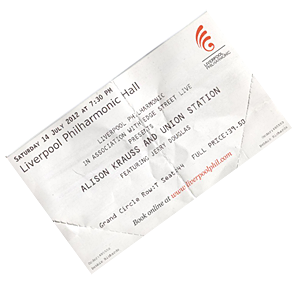 Tonight, Krauss is joined by the cream of Nashville, with whom she has created and evolved for over 20 years, AKA Union Station. Standing tall with Dan Tyminski (Guitar, Mandolin & vocals), Ron Block (Banjo & Guitar), Barry Bales (Upright Bass & vocals) and Jerry Douglas (Dobro & vocals), she takes us on a journey through the roots of American Bluegrass, traversing the intertwined paths between Country, Blues and Gospel music. Underpinning it all, is a deep, swinging groove, organically created with the feel of five unique people united as one.
Tonight, Krauss is joined by the cream of Nashville, with whom she has created and evolved for over 20 years, AKA Union Station. Standing tall with Dan Tyminski (Guitar, Mandolin & vocals), Ron Block (Banjo & Guitar), Barry Bales (Upright Bass & vocals) and Jerry Douglas (Dobro & vocals), she takes us on a journey through the roots of American Bluegrass, traversing the intertwined paths between Country, Blues and Gospel music. Underpinning it all, is a deep, swinging groove, organically created with the feel of five unique people united as one.
From the first moment she sings, the communication begins; it is a truly beautiful experience. The sound engineers providing stage monitor-mix and front-of-house sound have clearly got it perfect. Krauss soars and flutters above the acoustic instruments with songbird clarity, carrying each song straight to the ears, to the heart, to the soul. It is impossible to remain unmoved. Now you understand why Plant must have jumped at the opportunity to work with this modern-day messenger, delivering a rich musical fruit from the past, still fresh after 300+ years of nurture. Our closest relative is English Folk music, from which much of what we hear tonight has its distant roots laid in. Krauss takes what was ours and returns it as a gift of musical evolution, wrapped within the different colours and creeds that make Americana what it has become today, thankfully channelled into UK mainstream radio by veteran broadcasters like our own Bob Harris.
Although Krauss rarely performs her own compositions live, she has the unique gift of turning other people’s songs into what could easily be mistaken for her own. It would be a tall order for any singer to replicate an Alison Krauss cover. Take ‘Baby, Now That I’ve Found You’ or ‘When You Say Nothing At All’; makes you wonder what Ronan Keating was thinking when he attempted to cover the latter composition with his sorry, faded, boy-band desperation. Thankfully, Krauss restored order and brought that particular song back where it belongs, away from the feckless mutterings of the talent challenged puppets the British public are served with on a weekly basis.
On the performance range, this gig went past eleven on the brilliance scale. Despite each musician being a virtuoso in their own right, none chose to steal the show with egocentric persuasion. Every song was served as a complete sum of its parts to awe-inspiring perfection. If you had to record this band, there’d be a struggle to decide which was the ‘best’ take or whether there was any point in even considering doing other takes! My personal star of the show was Barry Bales, who kept time for the band within his warm envelope of subtle, subsonic Bass tones, encompassing the role of rhythm section and so much more. Again, full marks to the sound engineers who controlled what is often a troublesome instrument to amplify in a gig environment.
Saving the best ‘till last, the encores saw Alison Krauss & Union Station taking their years of vocal-harmony perfection up another notch, using just one microphone between five voices, stepping back and moving forward to adjust volumes. This was another studio technique from way, way back, before the days of multi-tracking and the now seemingly ubiquitous modern day auto-tune takes of the pop-idol-Britain’s-got-no-talent fraternity. The standing ovation received was richly deserved for this rare gift of American musical history we were privileged to receive on our doorstep. To describe the performance as “stunning” only really scrapes the surface; and the best bit about it all? There were no drums.
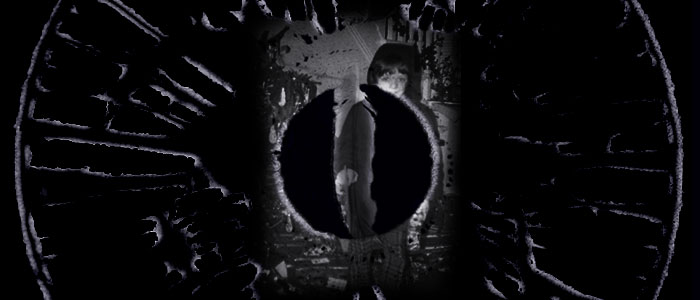
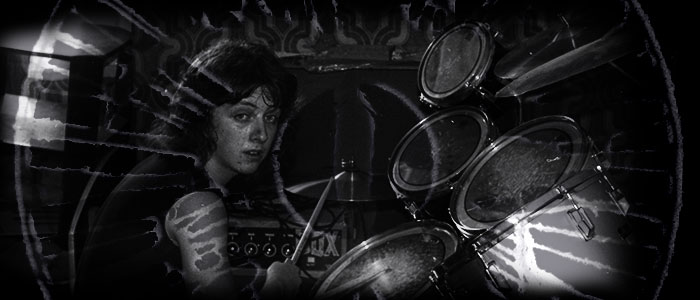
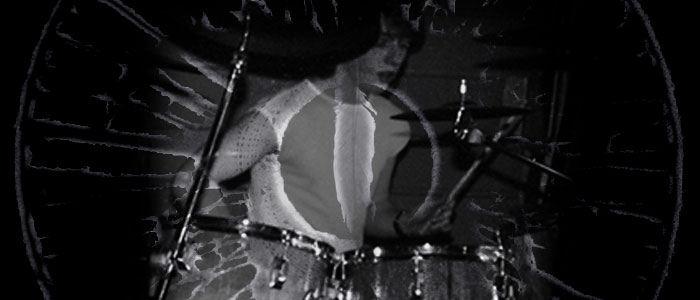
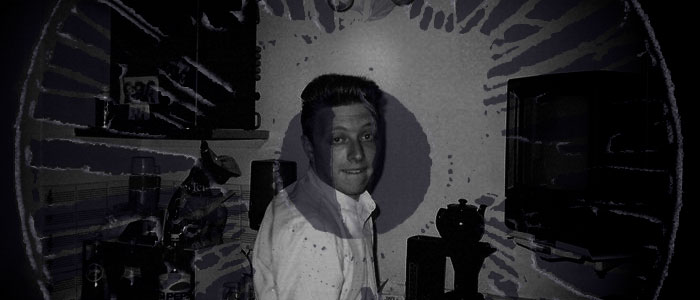
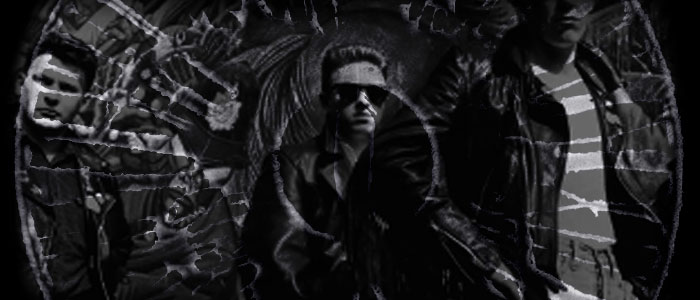
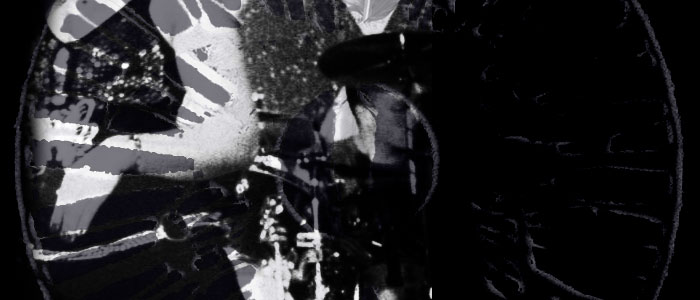
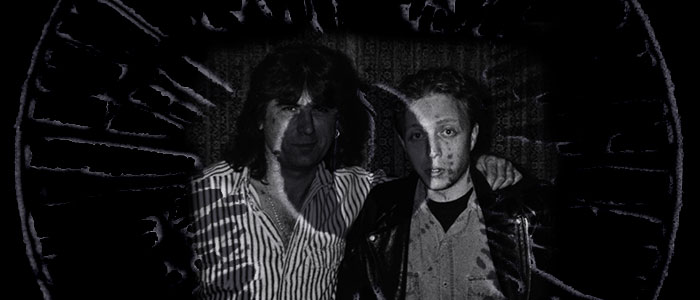
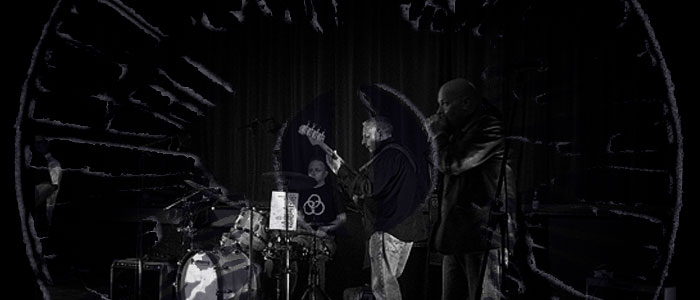
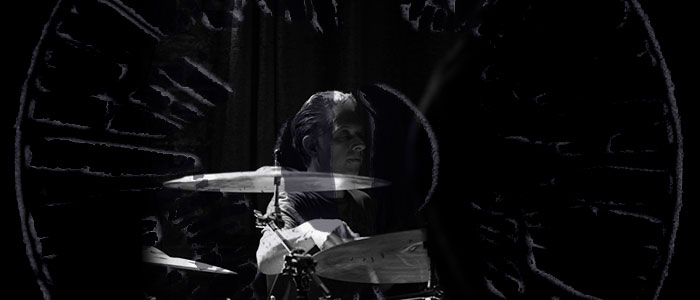
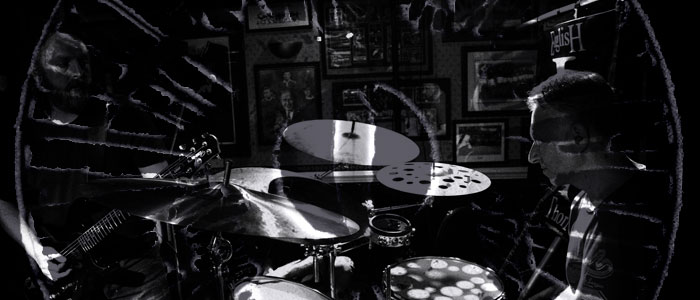
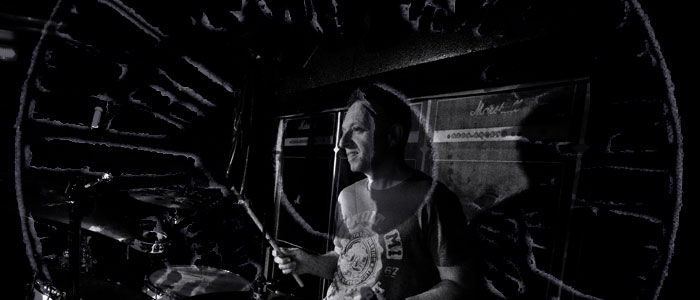
Comments are closed.